Scientists Say
A weekly word defined, in a sentence and in context.
-
 Agriculture
AgricultureScientists Say: Domestication
Domestication is the process of deliberately taking a wild organism — a plant or animal for instance — and making it a part of our daily lives.
-
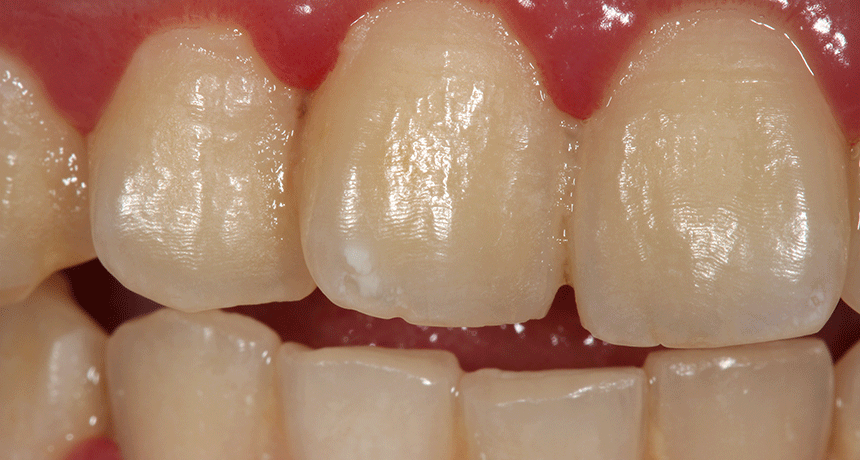 Microbes
MicrobesScientists Say: Biofilm
When times get tough, some microbes like to stick together. They form a mass stuck to a surface, called a biofilm.
-
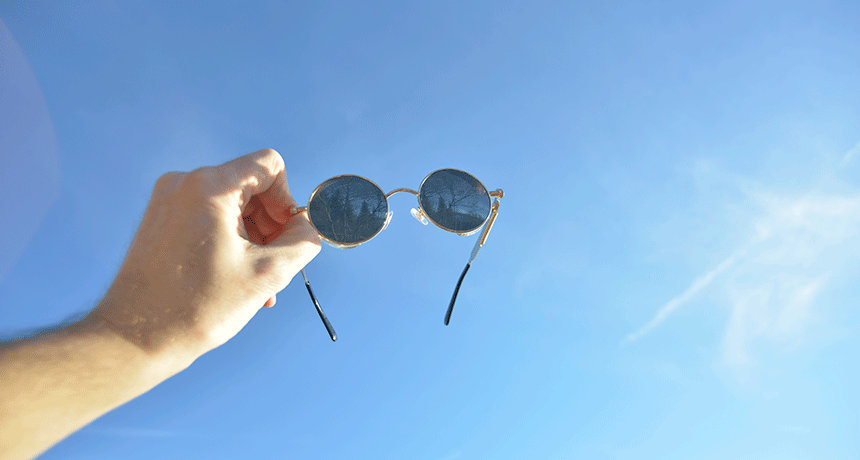 Chemistry
ChemistryScientists Say: Photochromic
Photochromic chemicals change shape when exposed to a specific wavelength of light. The shape change changes the chemical’s color.
-
 Brain
BrainScientists Say: Amygdala
Named after the Greek word for “almond,” the amygdala helps us process emotions, make decisions and form memories.
-
 Chemistry
ChemistryScientists Say: Catalyst
Sometimes a chemical reaction can take a while. If speed is needed, a catalyst can help.
-
 Physics
PhysicsScientists Say: Acoustic
Acoustic is an adjective used to describe something involving sound. It’s also a noun that refers to the branch of physics that studies sound.
-
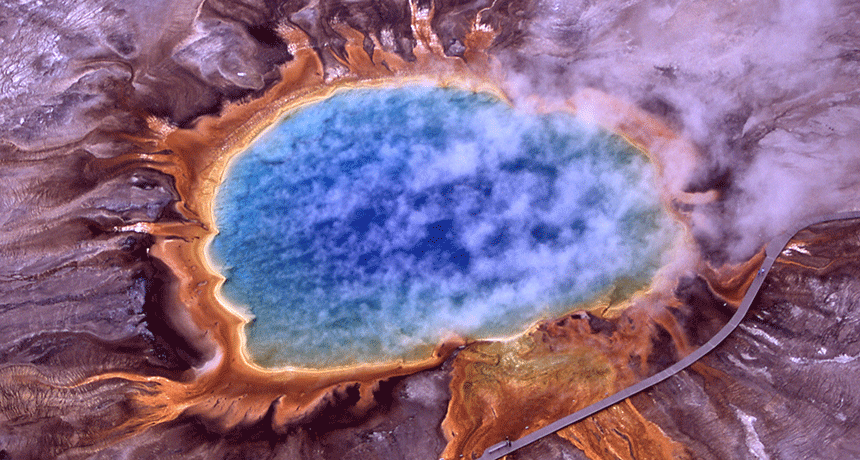 Animals
AnimalsScientists Say: Extremophile
Some species can survive high heat, freezing cold or other extreme environments. Scientists call these organisms extremophiles.
-
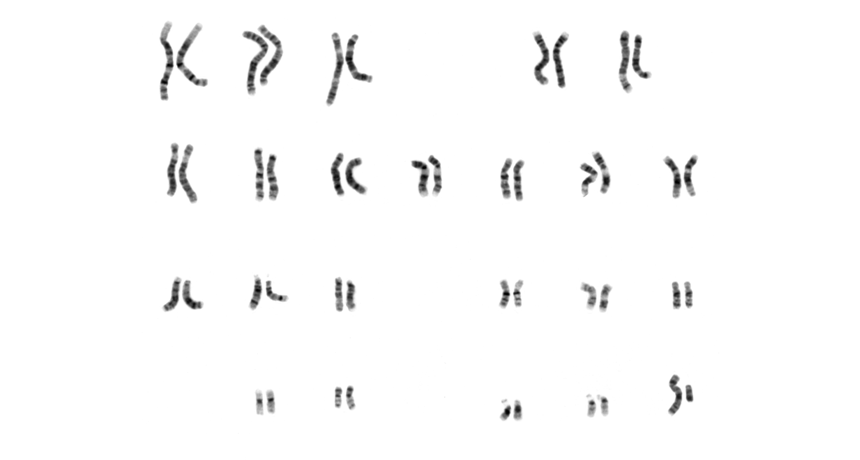 Genetics
GeneticsScientists Say: Chromosome
This threadlike structure is made of DNA wrapped around protein. It allows the 3 billion base pairs in human DNA to stay neatly packaged in a cell.
-
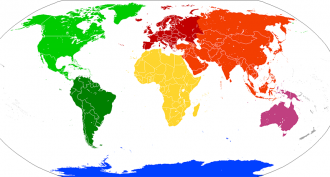 Earth
EarthScientists Say: Continent
A continent is a large land mass. Geologists recognize six of them — Africa, Antarctica, Eurasia, Australia, North America and South America.
-
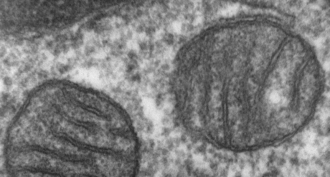 Life
LifeScientists Say: Mitochondrion
Mitochondria are structures inside cells that converts certain chemicals into adenosine triphosphate — a molecule cells use as energy.
-
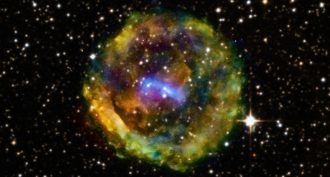 Space
SpaceScientists Say: Supernova
When a star has too much mass, it can explode. The explosion is called a supernova.
-
 Brain
BrainScientists Say: Hippocampus
The hippocampus is an area of the brain that is essential for forming new memories.